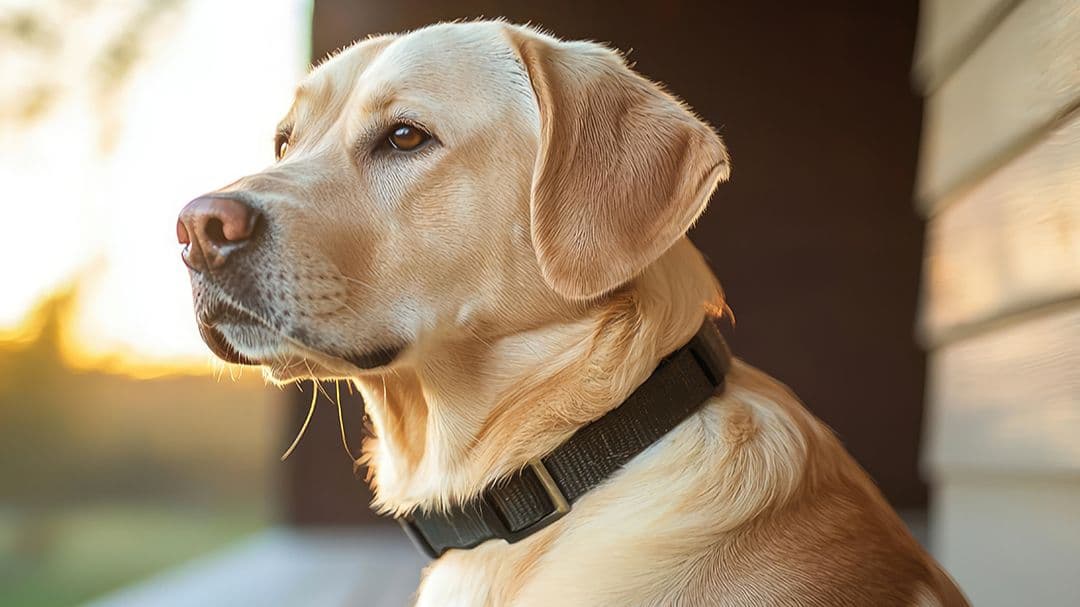What is Antimicrobial Resistance?
Antimicrobial resistance (AMR) happens when bacteria, viruses or fungi stop responding to medicines that are used to kill them, like antibiotics. This means infections become harder to treat and can spread more easily.
In the UK, AMR is a growing concern for both human and animal health. It’s part of a global issue known as One Health, which recognises that the health of people, animals, and the environment are all connected.
Resistant bacteria can spread between animals, humans and the environment
Overuse of antibiotics in animals contributes to a global rise in resistant bugs
Resistant strains can end up in water, soil, and food chains


Why Should Pet Owners Care About Antimicrobial Resistance?
Your pet’s health matters, and so does how we treat infections. Antibiotics are powerful tools, but they must be used carefully. Overusing or misusing antibiotics can lead to resistance, in the future.
Your vet may have fewer treatment options or even impossible to treat and your pet could suffer longer or face more serious health risks. It would also be expensive for you.
By working together, vets and pet owners can help protect antibiotics for the future.
What is Antimicrobial Stewardship?
Antimicrobial stewardship means using antibiotics responsibly to:
Treat infections effectively
Reduce unnecessary use
Prevent resistance
Your vet follows UK guidelines to make sure antibiotics are only used when truly needed. Sometimes, your pet may recover with supportive care alone, without antibiotics.
Common Myths and the Facts About Antibiotics
Myths
“Antibiotics always help.”
“My pet needs antibiotics for every infection.”
“Leftover antibiotics are fine to use.”
Facts
Not all illnesses are caused by bacteria, some are viral or self-limiting.
Many mild infections clear up on their own or with other treatments.
Never reuse antibiotics, this can be harmful and increase resistance.

What You Can Do as a Pet Owner
Here are simple steps to help protect your pet and fight resistance:
Follow your vet’s advice, only use antibiotics when prescribed by your Vet and complete the full course prescribed.
Never use leftover or human antibiotics.
Practice good hygiene, clean bowls, bedding, and litter trays regularly.
Keep up with vaccinations and parasite control.
Dispose of unused medicines safely, ask your vet or pharmacist.
Want to do more? Join the Antibiotic Guardian campaign and pledge to use antibiotics responsibly.
Frequently Asked Questions
Can my pet give me antibiotic-resistant bacteria?
Yes. Over half of UK adults own pets and live with them in a shared environment, meaning that bacteria, including resistant bacteria, can spread easily between animals and people. All animals and humans have bacteria in their bodies and in many cases these bugs do not cause any harm. However, some bacteria can be resistant to antibiotics which can lead to serious human or animal health consequences if they cause an infection. Good hygiene and responsible antibiotic use reduce the risk.
Why didn’t my vet prescribe antibiotics?
Your vet may have found that antibiotics aren’t needed or might want to wait for lab results if swabs have been taken.
What are alternatives to antibiotics?
Supportive care, pain relief, wound cleaning, and preventive measures often work well.
